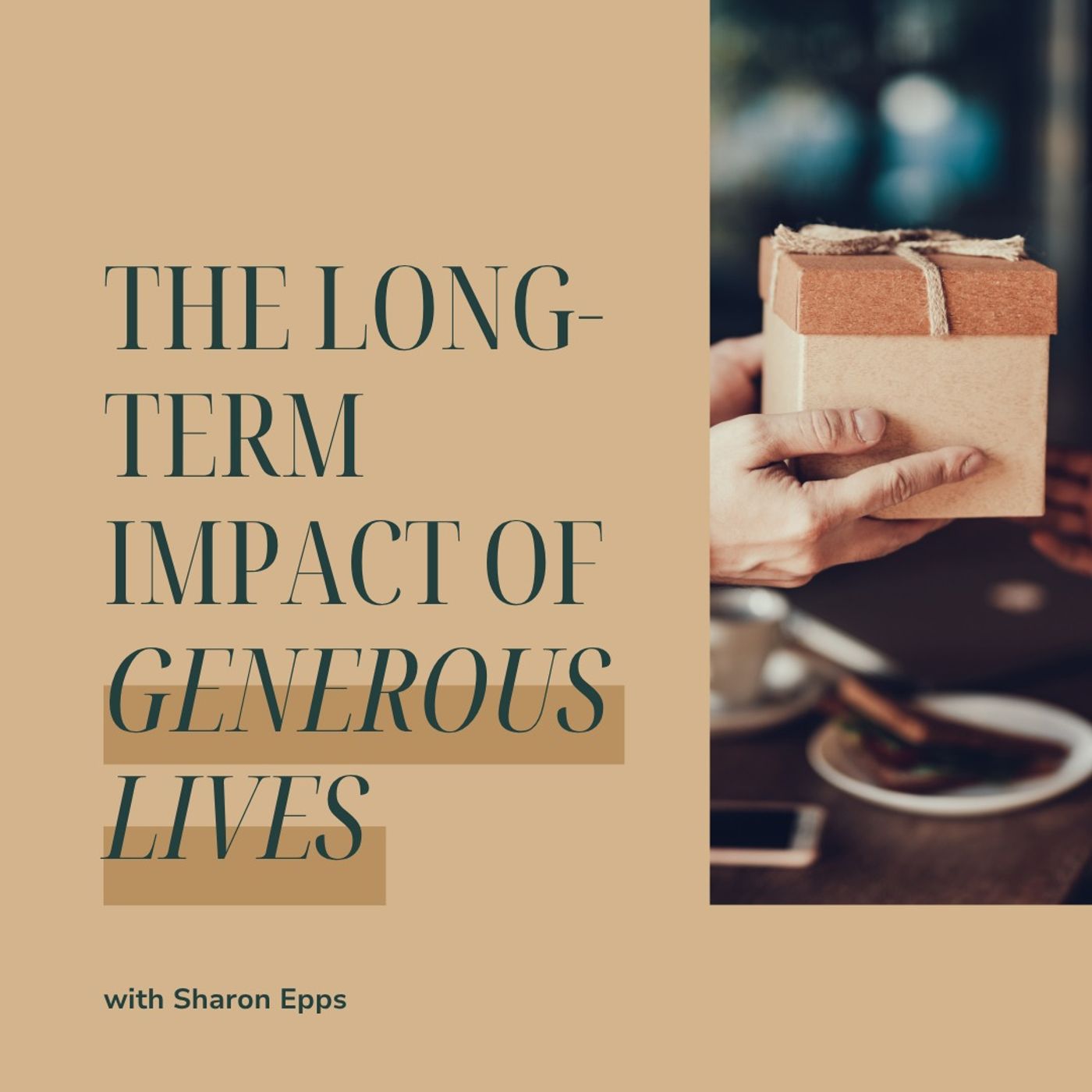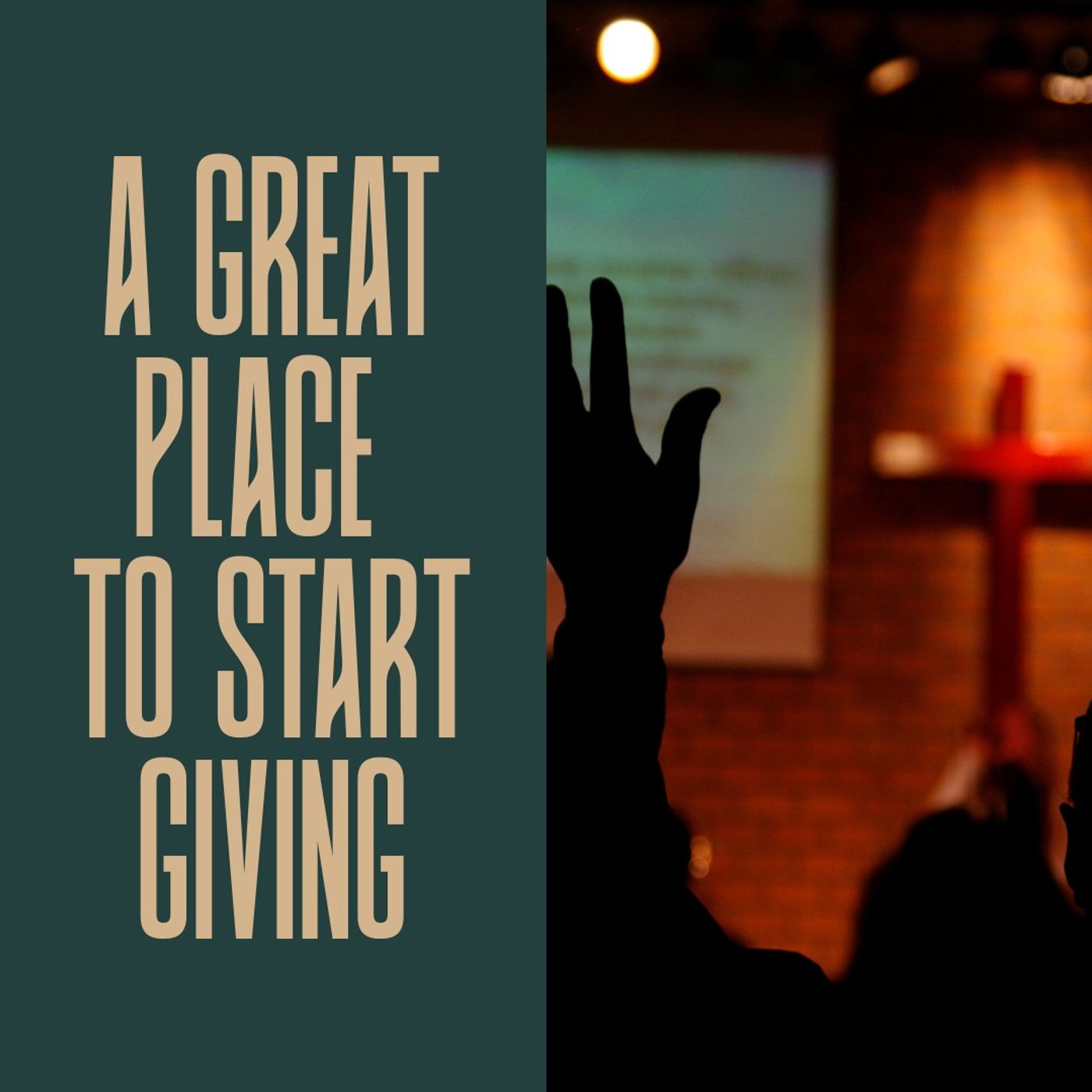The Long-Term Impact of Generous Lives with Sharon Epps
Faith & Finance with Rob West
The most generous people give something money can’t buy—their time, their presence, and their love. Generosity reaches far beyond finances. It shapes hearts, strengthens families, and builds communities of grace. Today, Sharon Epps joins us to talk about the long-term impact of generous living. Sharon Epps is the President of Kingdom Advisors, FaithFi’s parent organization. Kingdom Advisors serves the broad Christian financial industry by educating and equipping professionals to integrate biblical wisdom and financial expertise.

Show Notes
The most generous people give something money can’t buy—their time, their presence, and their love.
Generosity reaches far beyond finances. It shapes hearts, strengthens families, and builds communities of grace. Today, Sharon Epps joins us to talk about the long-term impact of generous living.
Sharon Epps is the President of Kingdom Advisors, FaithFi’s parent organization. Kingdom Advisors serves the broad Christian financial industry by educating and equipping professionals to integrate biblical wisdom and financial expertise.A Simple Question That Changes Everything
If you’ve ever wondered what true generosity looks like, it’s often simpler—and closer to home—than we think. Generosity isn’t measured by dollar amounts or estate plans; it’s written on the faces and in the actions of people who live with open hearts.
In fact, if you ask someone a simple question like this, you will move their hearts more than you know:
“Think about the most generous person you know. What do they look like? What’s their countenance? Their posture?”Take a moment to picture them. Chances are, their face lights up your mind’s eye. They’re probably joyful, peaceful, genuine—and not necessarily wealthy. That’s because generosity is about heart, not income. It’s about presence, not possessions.
When we make generosity personal, it changes us. We stop thinking in abstract ideas and start remembering real people who gave freely of themselves—and in doing so, reflected the heart of Christ.
When this question is asked, the answers are often the same: a grandparent, an aunt, an uncle—someone who gave of themselves through love, laughter, and listening. These aren’t people who built foundations or donated millions. They modeled generosity through steady love and consistency.
You Might Also Like

October 29, 2025
A Great Place to Start Giving
Many listeners ask, “Are we still under the law to tithe?” Or— “Can I give my tithe to a different church or ministry?” ...
October 28, 2025
Episode 349 - How Faith and Technology Will Shape the Future of the Church | Pat Gelsinger, Ex-Intel CEO
Pat Gelsinger sits down with Justin Forman to explore one of the most critical inflection points in church history: Will...

October 28, 2025
Lane Markings
Managing money without a budget — or a cash-flow plan — is like driving when you can’t see the lane markings. You don’t ...